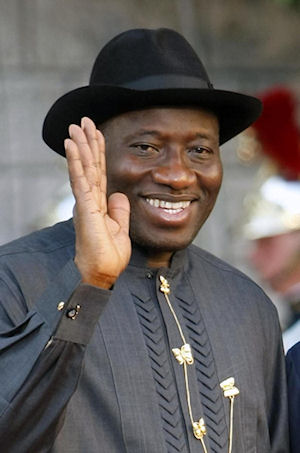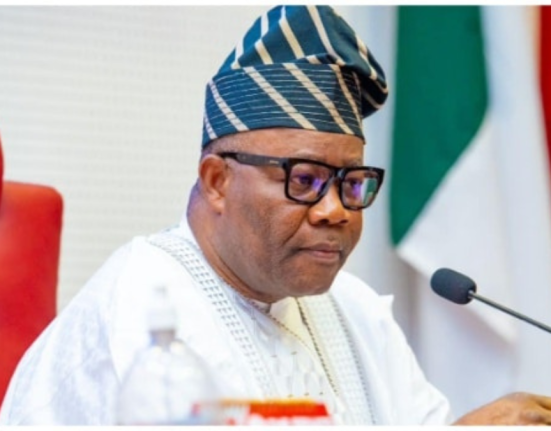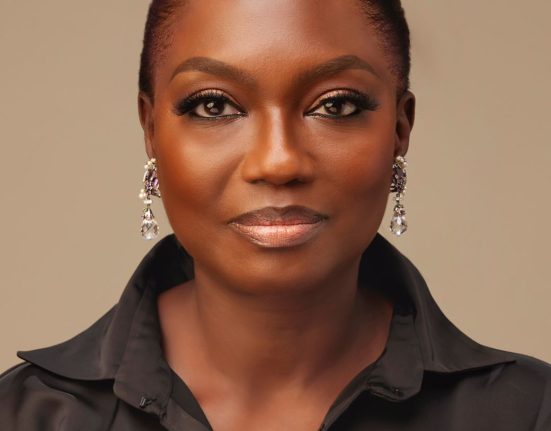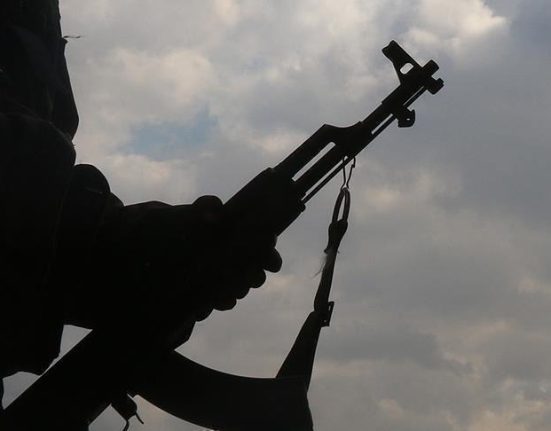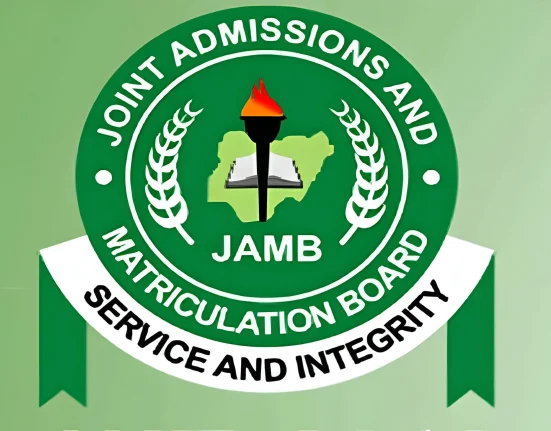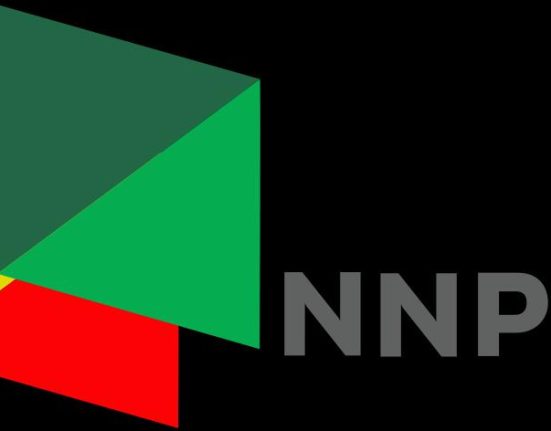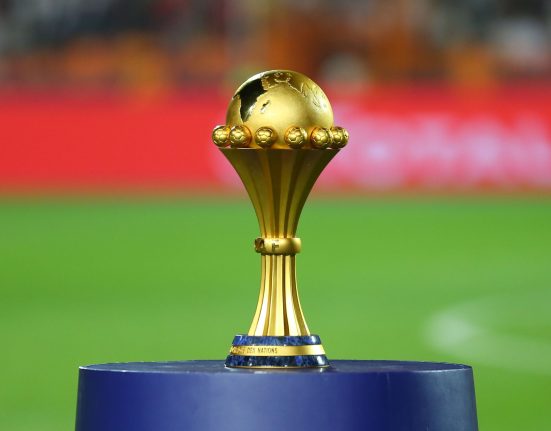A pressure group known as “Bring Back Our Goodluck” has called on former President Goodluck Jonathan to stage a political comeback and contest the 2027 presidential election. Speaking at a press briefing in Kano on Sunday, the group’s National Coordinator, Dr. Grema Kyari, described Jonathan as the “surest path to rescue Nigeria” from what he termed worsening hardship, insecurity, and national disunity under the All Progressives Congress (APC) government.
Kyari told journalists at the Aminu Kano Centre for Democracy, Research and Training (Mambayya House) that Nigerians were “misled in 2015” when Jonathan was voted out. He argued that the country fared better under Jonathan’s leadership, citing relatively stable food prices, affordable fuel, and youth empowerment programmes such as YouWin! and SURE-P. He contrasted that period with today’s economic realities, pointing out that a bag of rice that sold for about ₦7,800 under Jonathan now costs between ₦80,000 and ₦100,000.
The coordinator further praised Jonathan’s record as a unifying leader who appointed officials across ethnic and religious lines. He appealed to other opposition figures—including Atiku Abubakar, Rabiu Musa Kwankwaso, Peter Obi, Rotimi Amaechi, and Nasir El-Rufai, to shelve their personal ambitions and rally behind Jonathan as a consensus candidate in what he described as a “rescue mission” for Nigeria in 2027.
The Kano meeting builds on earlier mobilisations across the North. In August, thousands of Jonathan supporters under the same “Bring Back Our Goodluck” banner marched in Maiduguri, Borno State, carrying placards with slogans such as “Rescue Our Future” and “Jonathan, Come Back.” The movement has also gained traction in the Northeast and is now moving into the Northwest, which Kyari described as the “heartbeat of commerce and political influence” in the region.
Jonathan’s potential comeback has also been a subject of intense speculation within the People’s Democratic Party (PDP). According to reports, party emissaries have reached out to him, even traveling to The Gambia to persuade him to accept the party’s ticket ahead of 2027. Close allies have hinted that the former president may be warming up to the idea, though he has not made any public declaration.
Despite the groundswell of support, some political voices have urged Jonathan to reject the calls. Elder Anthony Sani, a former Secretary of the Arewa Consultative Forum, warned that Jonathan’s return could inflame zoning tensions, given that President Bola Tinubu, also from the South, will only complete his tenure by 2027. Sani argued that Jonathan should protect his legacy and resist being drawn back into what he described as “desperate politics.”
For now, the clamour around Jonathan highlights both a sense of political nostalgia and the frustrations many Nigerians feel about the country’s current economic and security challenges. Whether he accepts the call or not, Jonathan’s name has once again returned to the centre of Nigeria’s political debate.


